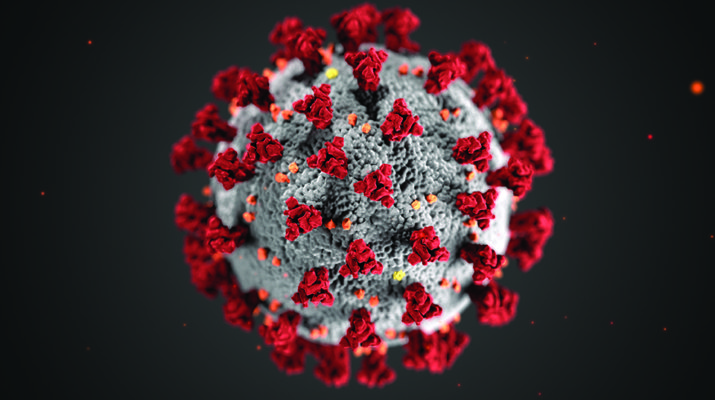Local health officials want Panhandle residents to know that the risk of becoming ill with the new Novel Coronavirus is low and that up-to-date information is available to help people stay informed. “We understand that some are worried about the Novel Coronavirus outbreak,” said Panhandle Public Health District (PPHD) Director Kim Engel. “However, the current risk for Panhandle residents is low.”
As of February 4, 2020, there were 11 confirmed cases in the United States, but none in Nebraska or surrounding states. The virus does not currently spread easily from human to human. According to health officials, the best way to prevent infection is to avoid being exposed to this virus. There are simple everyday preventive actions to help prevent the spread of any respiratory viruses. These include:
-
Avoid close contact with people who are sick.
-
Avoid touching your eyes, nose, and mouth with unwashed hands.
-
Wash your hands often with soap and water for at least 20 seconds. If soap and water are not available, use an alcohol-based hand sanitizer.
-
Contact your healthcare provider’s office before seeking treatment if you suspect you may be ill with Novel Coronavirus.
The 2019 Novel Coronavirus (2019-nCoV) is a new virus that causes respiratory (breathing) illness. This virus was first identified during an investigation into an outbreak of respiratory illness that began in December in Wuhan, China. Patients with 2019-nCoV have reportedly had mild to severe respiratory illness with symptoms of fever, cough and shortness of breath. There is currently no vaccine to protect against 2019-nCoV. The best way to prevent infection is to avoid being exposed to this virus. Persons who have traveled from China or are in close contact with someone who is a confirmed case of the Novel Coronavirus are at higher risk.
Kendra Lauruhn, Disease Surveillance, said PPHD “already has plans in place for this kind of situation and the health department is putting those plans into action.” Lauruhn said that “the situation is continually changing, with new developments daily, but the health department is working with state and national partners to monitor the situation and is receiving and passing along the most current guidance.”
According to Michelle Hill, Emergency Preparedness Coordinator, the health department is working closely with local preparedness partners in the health departments’ twelve counties, including hospitals, healthcare professionals and emergency managers. “We are sharing the most current guidelines and recommendations and making sure we have everything in place to respond should any local cases of Novel Coronavirus infection show up in our district,” she said.
Even though current risk is low, Hill encourages residents to stay informed. She recommends the CDC website for the most up-to-date and accurate information and guidance. “The Centers for Disease Control and Prevention (cdc.gov) website is updated frequently and includes Frequently Asked Questions (FAQs), fact sheets, updated information on number and location of current cases, recommendations for travelers and travel restrictions, guidelines for health professionals and labs, archived video recordings of national briefings, and much more,” Hill said.
For additional information visit www.pphd.org. Panhandle Public Health District is working together to improve the health, safety and quality of life for all who live, learn, work and play in the Panhandle. Our vision is that we are a healthier and safer Panhandle Community.

